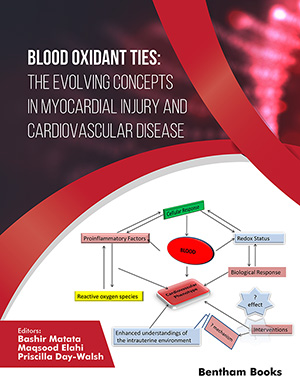Abstract
Background: Statins are the most prescribed lipid-lowering drugs worldwide. The associated adverse events, especially muscle symptoms, have been frequently reported despite their perceived safety. Three pharmacogenes, the solute carrier organic anion transporter family member 1B1 (SLCO1B1), ATP-binding cassette subfamily G member 2 (ABCG2), and cytochrome P450 2C9 (CYP2C9) are suggested as safety biomarkers for statins. The Clinical Pharmacogenomic Implementation Consortium (CPIC) issued clinical guidelines for statin use based on these three genes.
Objectives: The present study aimed to examine variants in these pharmacogenes to predict the safety of statin use among the Emirati population.
Methods: Analyzing 242 whole exome sequencing data at the three genes enabled the determination of the frequencies of the single nucleotide polymorphisms (SNPs), annotating the haplotypes and the predicted functions of their proteins.
Results: In our cohort, 29.8% and 5.4% had SLCO1B1 decreased and poor function, respectively. The high frequency warns of the possibility of significant side effects of some statins and the importance of pharmacogenomic testing. We found a low frequency (6%) of the ABCG2:rs2231142 variant, which indicates the low probability of Emirati patients being recommended against higher rosuvastatin doses compared with other populations with higher frequencies of this variant. In contrast, we found high frequencies of the functionally impaired CYP2C9 alleles, which makes fluvastatin a less favorable choice.
Conclusion: Among the sparse studies available, the present one demonstrates all SLCO1B1 and CYP2C9 function-impairing alleles among Emiratis. We highlighted how population-specific pharmacogenomic data can predict safer choices of statins, especially in understudied populations.
Keywords: United Arab Emirates, SLCO1B1, CYP2C9, ABCG2, middle east, pharmacogenomics, statins.





























